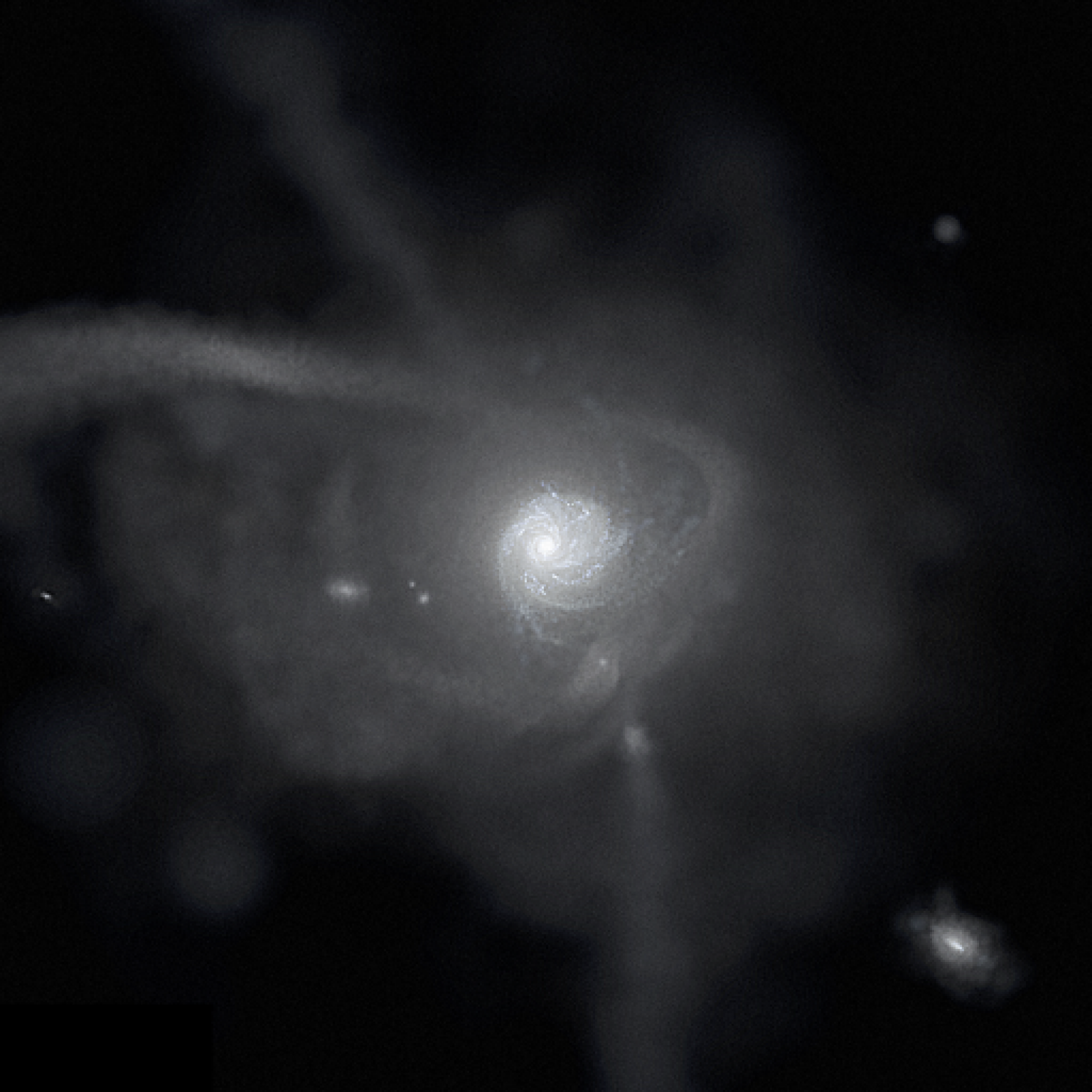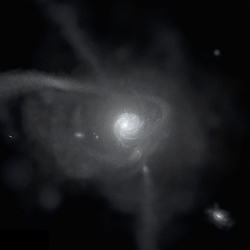How Did the Milky Way Galaxy Form? This news article from UC Davis College of Letters & Science highlights my recent public talk at Astronomy on Tap Davis. This lively event also featured Sean Carroll – I was ‘lucky’ to get scheduled to give a public talk right after him! (Or another way to think of it is that Sean opened for me…)
second public data release of the FIRE-2 simulations
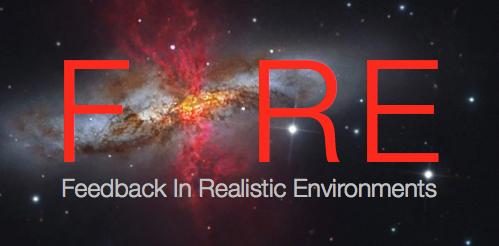
With our second public data release, we have released nearly every FIRE-2 simulation, with nearly every snapshot for each simulation.
In Wetzel et al 2025, we describe the second public data release (DR2) of the FIRE-2 simulations, available at flathub.flatironinstitute.org/fire. DR2 contains nearly every available snapshot from 119 simulations, spanning massive to Milky Way-mass to ultra-faint galaxies, with up to 601 snapshots each across z = 0 to 99, as well as halo/galaxy catalogs with full merger trees, particle tracking, and 3-D formation coordinates for all star particles. DR2 also includes physics variations, including dark-matter-only resimulations, resimulations with a modified ultraviolet background, and resimulations with magnetohydrodynamics (MHD) and cosmic rays.
promotion to (full) professor

As of today, I am promoted to (full) professor. Thanks in particular to my research group over the years since I started as faculty for helping to bring me here. Now let the additional administrative/committee responsibilities roll in!
TEDx talk

I was delighted to give a talk today at TEDx UC Davis 2025. I spoke about Out of Chaos Comes Order: The History of Our Milky Way Galaxy. A recording is available below.
I was humbled to share the stage with a fantastic set of fellow speakers: Dan Firstenberg, Sonya Hassan-Carey, Jade Tso, Chris Froh, A.J. Bleyer, and Leigh Bardugo.
PECASE award

President Biden has named me as one of nearly 400 recipients of the Presidential Early Career Award for Scientists and Engineers (PECASE). PECASE is the highest honor bestowed by the U.S. government on outstanding scientists and engineers early in their careers who show exceptional potential for leadership. I am one of 7 faculty at UC Davis honored with PECASE this year, including two of us within the College of Letters & Science. I am grateful to the National Science Foundation for nominating me for this award.
Dr. Pratik Gandhi
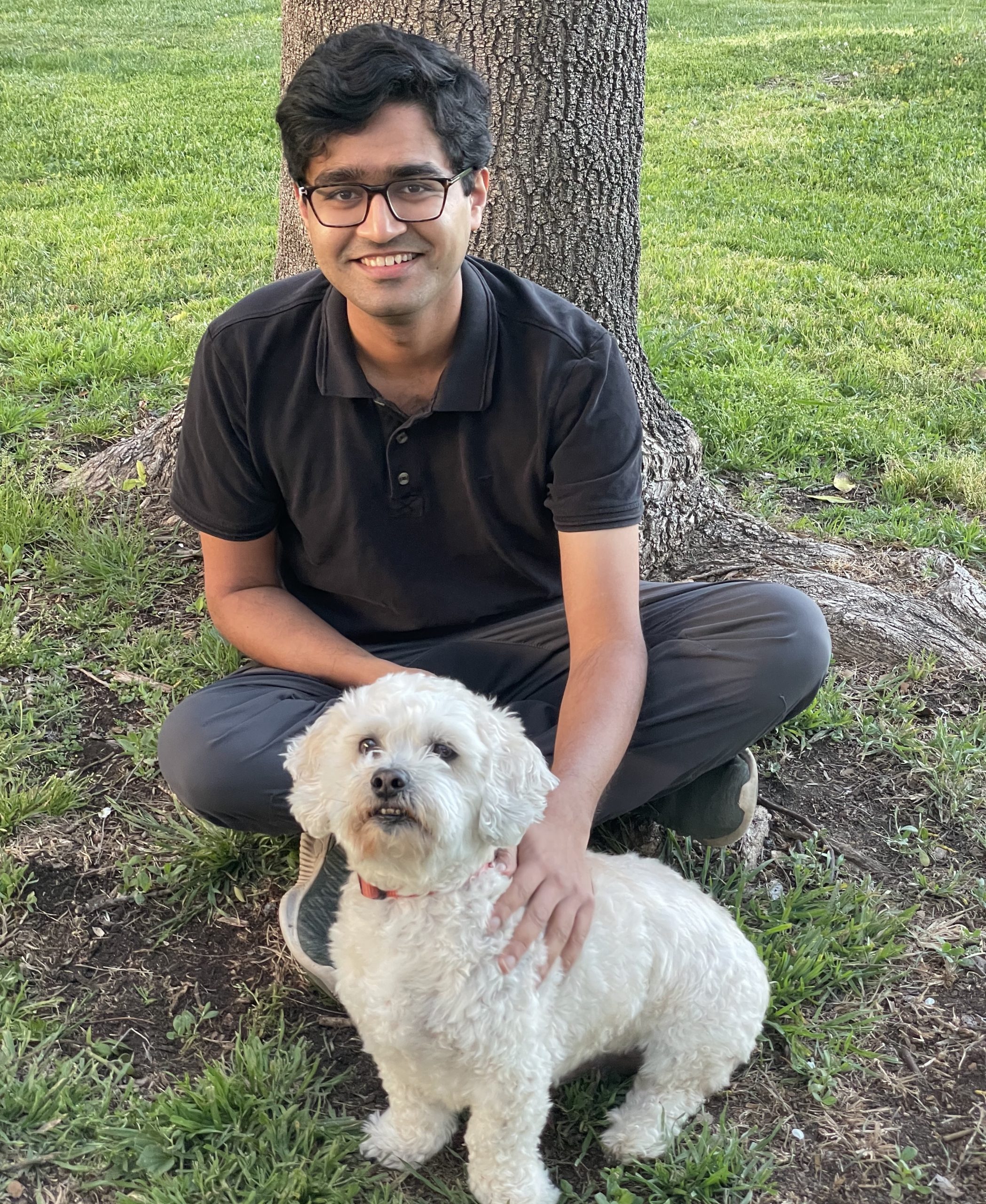
Dr. Pratik Gandhi is our group’s fourth graduating PhD student! He completedhis PhD dissertation on Connecting the near and far: studying high-redshift galaxies and stellar feedback processes using the Local Group fossil record. He has started a postdoc in the Department of Astronomy at Yale University. Congratulations Dr. Gandhi!
Fiona McCluskey awarded NASA FINESST
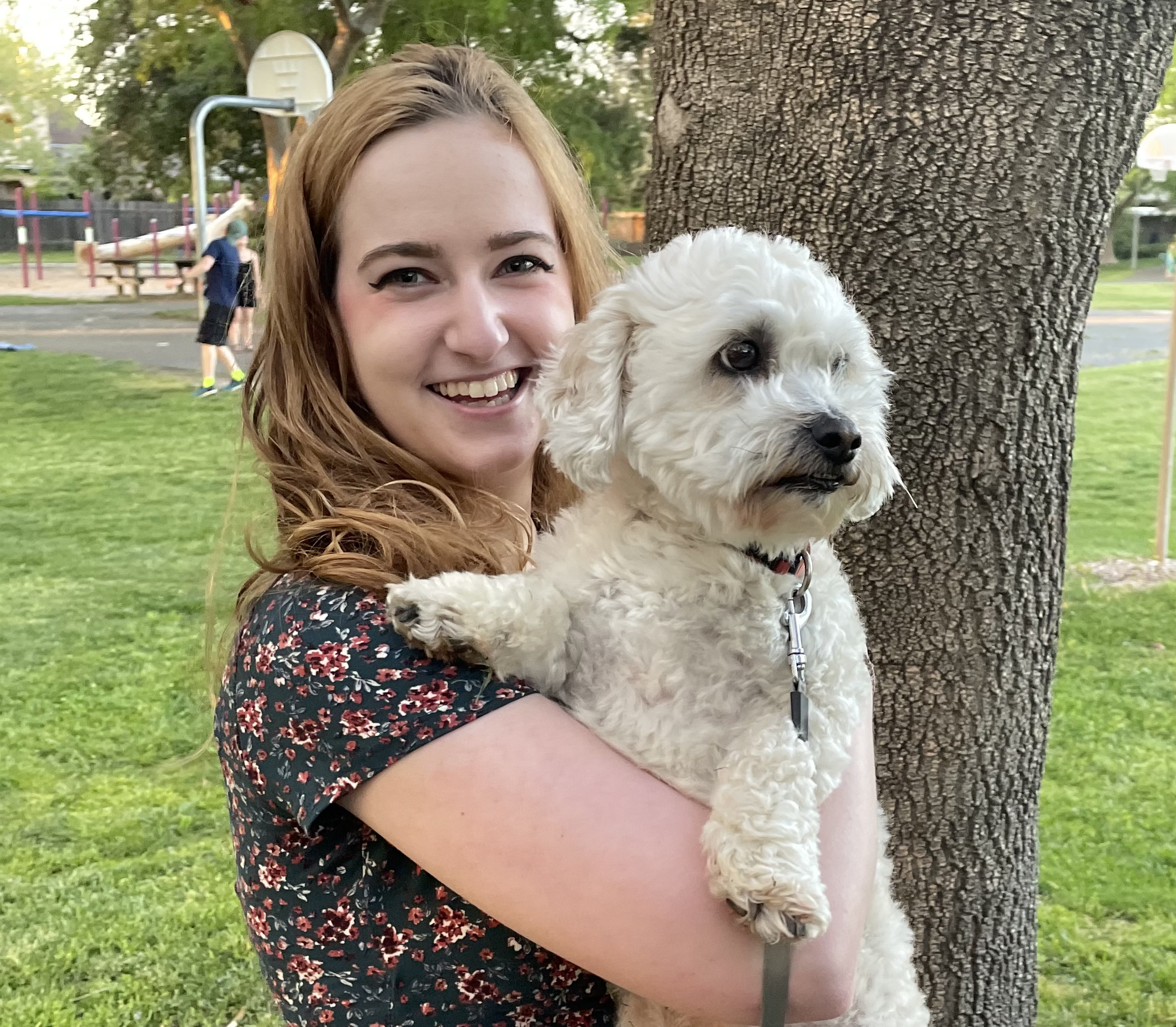
NASA has selected Fiona McCluskey for a Future Investigators in NASA Earth and Space Science and Technology (FINESST) award! This grant will fund the final 2 years of Fiona’s PhD project: Deciphering Galactic Disk Formation: Galactic Archaeology in a Cosmological Context. Congratulations Fiona!
UC Davis article: bright galaxies in the early universe
UC Davis College of Letters & Science highlighted our recent research in their article: Simulations Explain Abundance of Bright Galaxies Observed at Cosmic Dawn. We showed how bursty star formation in our FIRE-2 simulations of galaxy formation naturally explains the abundance of bright galaxies in the early universe as the James Webb Space Telescope has observed.
Dr. Matt Bellardini

Dr. Matt Bellardini is our group’s third graduating PhD student! He completed his PhD dissertation on Chemical Evolution Across Cosmic Time: Stellar Elemental Abundance Patterns and Radial Redistribution in Cosmological Simulations. Matt is searching for industry jobs in the Seattle area. Congratulations Dr. Bellardini!
Dr. Isaiah Santistevan
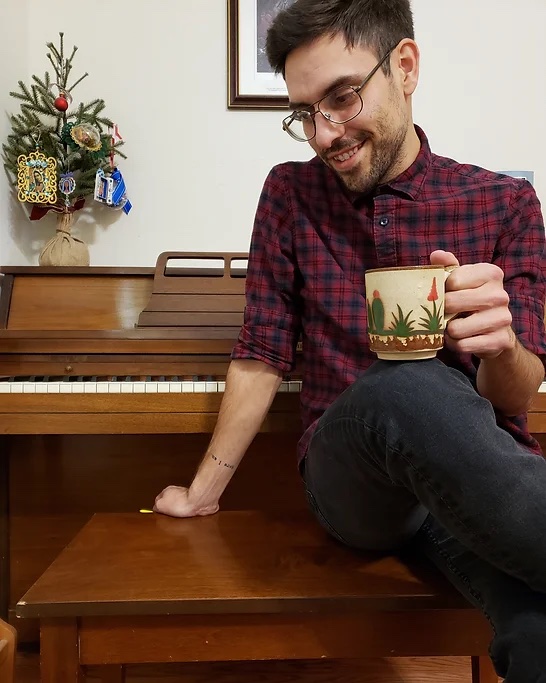
Dr. lsaiah Santistevan is our group’s second graduating PhD student! He completed his PhD dissertation on Modelling the Formation and Evolution of Satellite Galaxies in Cosmological Simulations. He will start as a postdoc at Lawrence Livermore National Laboratory. Congratulations Dr. Santistevan!
